As we all know, racing comes in all shapes and forms. It started when we were kids running to be the first to the table for dinner or first to call shotgun on a long trip. That sense of competition stays with some of us … forever. Some people prefer to use their body as their vessel for racing (Cycling, Running, etc). As for me, it was always going to be something mechanical! What can I say, there is something about the smell of race fuel that puts a smile on my face! – And as I’ve gotten older and learned to appreciate more forms of racing, I also realized there are different ideologies and demographics that go along with each discipline of Motorsport that make up the larger “car culture” we at GTM are a part of. So let’s talk about that and get ourselves a little more familiar with other forms of Motorsport.
Drag Racing

We all had those moments where we “raced” someone on foot or a bicycle, and those “light-to-light” races in high school which eventually made their way onto the back roads, or in some cases Richie Highway in Glen Burnie or Lily Pons Road in Adamstown. It’s not uncommon to place wagers on a drag race, and in some extreme cases “racing for pinks” (in the old days, vehicle titles were pink). With the high stakes (and prize purses) associated with drag racing it can get very interesting as the driver’s push their car to its physical limits. I have seen plenty of engines blow or other serious damage from pushing the cars so hard to win.
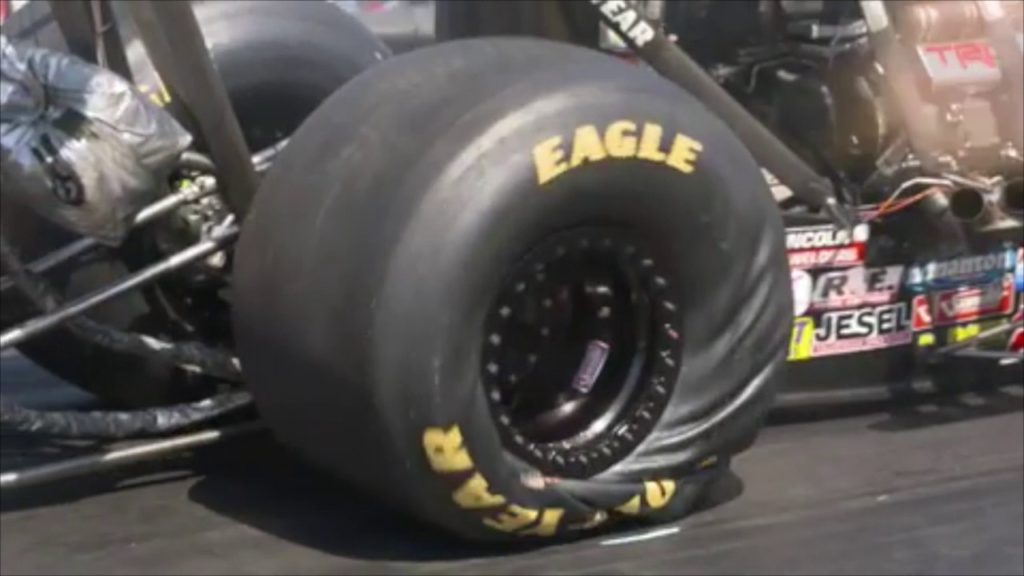
In drag racing the idea is to time the lights (aka “christmas tree”, seen above left.) perfectly so you can get “from point A to B” as fast as possible. A-to-B in most races is measured in lengths of 1/8, 1/4, or 1/2 mile. Setting up a car for drag racing has its own preparation style and includes add-ons like wheelie bars, big wide slicks for traction, and a parachute to make sure stopping from high speeds is possible. In professional drag racing they even go so far as to rebuild engines between runs. To make drag racing more interesting they also gather metrics which deal with “reaction time” and “60-ft times”. Drag racers like to tell other racers that if you can turn you aren’t going fast enough!
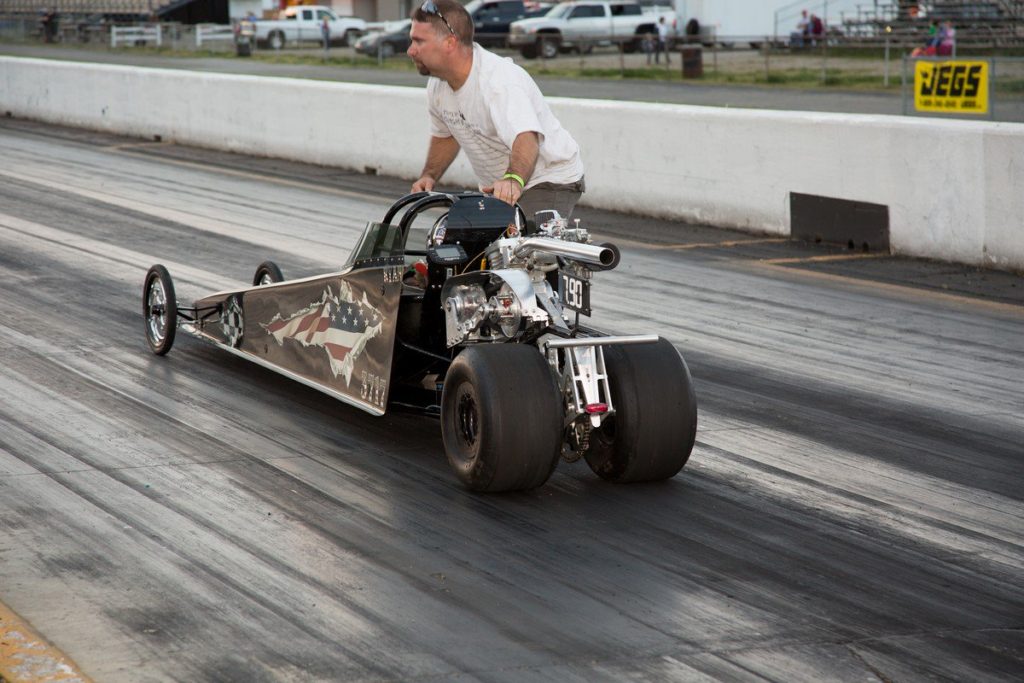
As a kid I spent a majority of my weekends at the drag strip. In the ’80s going to the drag strip was amazing, professional drivers would walk right by you and even stop and talk, unlike today where many of them are roped off from the masses. There was a camaraderie among them, a fraternity like GTM, and if a guy broke down anyone available would help get him fixed before the next stage. At some drag strips they even began allowing a Jr. Dragster class (starting at 5 years old) to race. In the ’80s they required a small Briggs & Stratton powered rail style dragster which could get costly, but in recent years some tracks have began to allow these young drivers (ages 13-16) to use actual cars for the 1/8 mile only.
4-wheelin’ and Off-roadin’
Since the cost of Jr. Dragster cars was more than most families could afford, we resorted to less costly racing such as 4 wheeling, Karting, Motocross, and Dirt Track. Many of these forms of racing could be held on someone’s property or local parks that would charge a minimal fee for the day.
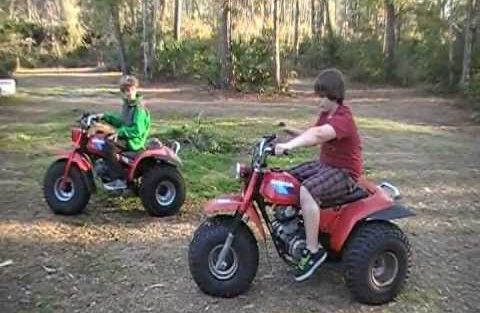
In the world of 4 wheeling, you can’t take your average street vehicle (a low sitting vehicle with street tread tires) to competitions – trust me, you won’t get far. You need some ground clearance and cleated tires. ATV’s, mud bogs, off-road trails, rock crawling, and monster trucks are all perfect for this sport. And let’s not forget about those crazy Europeans with their “Rallye” (WRC) driving (on Dirt, Tarmac, Snow, you name it). Note: If you want to learn more about serious off-roading, remember to check out GTM member Corey T‘s article on her experience with the Red Clay Rally.
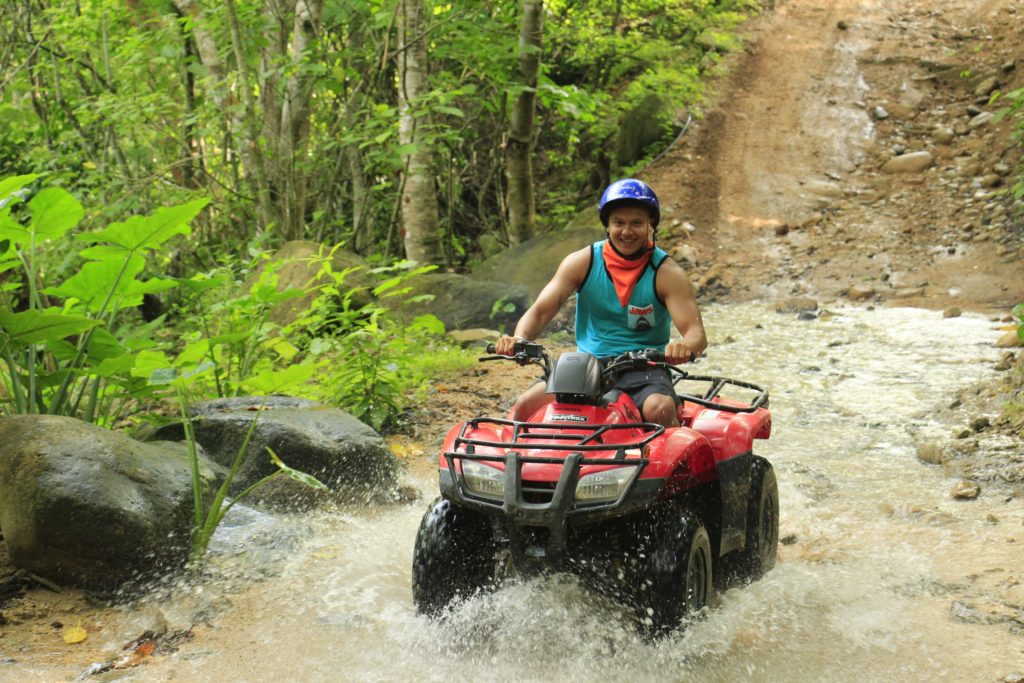
For me, the thirst for the rough terrain started with my first 3-wheeler riding through the woods and streams. That grew to playing in mud holes and going to mud bogs. Seeing the infamous “monster trucks“ was the ultimate off-roader, even if they mainly crushed cars! I can’t tell you how many people I’ve met that will lift and run off-road tires but never even touch grass – and to the 4 wheeling community these are known as “mall crawlers” (since the mods are only installed for looks). Much like the quiet of the woods they run in, there tends to be off-roading groups that keep to themselves. But no matter what group you may fall into or associate with, if you are going to go off-road, you know at a minimum you are going to get dirty. It is common to see these vehicles dented up and muddy and generally owners do not care about the cosmetic appearance of their vehicle nearly as much as its abilities.
Motorcross
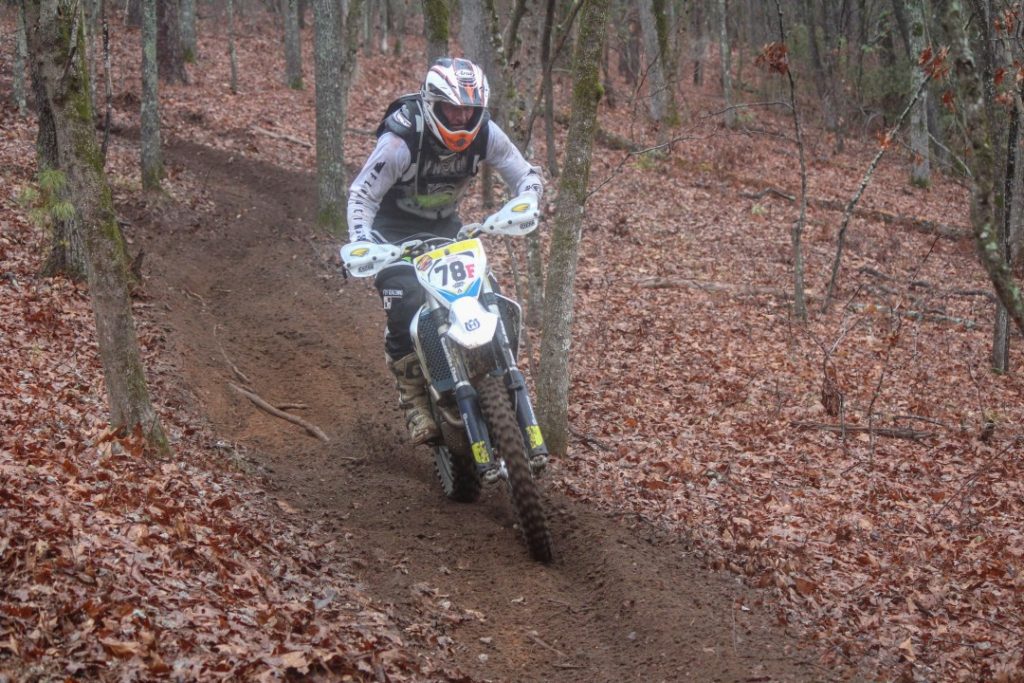
For those of us that rode things like the 3 wheelers and ATVs and wanted to feed that need for speed more than the trails and mud bogs would satisfy, many of us got into sports like motocross and hare scrambles. Using “dirt bikes” we learned to assess terrain and deal with the physical abuse the machines would impose on us. These types of races would be elbow-to-elbow with no cages to protect us and bruises and sometimes accidents being a common side effect. I honestly feel that this built up our courage or insanity depending on how you look at it. Over time, confidence that no harm would come to us, our fear levels dropped and we wouldn’t be afraid to bump another rider to gain a position even when we were 15-20 feet in the air and moving upwards of 60-70 mph. Racing dirt bikes forced you to “feel your machine” and know what every vibration meant, and became one with it… one wrong shift of your weight during a hare scramble could put you into a tree. Unlike other Motorsports in this discipline you have to be more willing to sacrifice your body for that win.
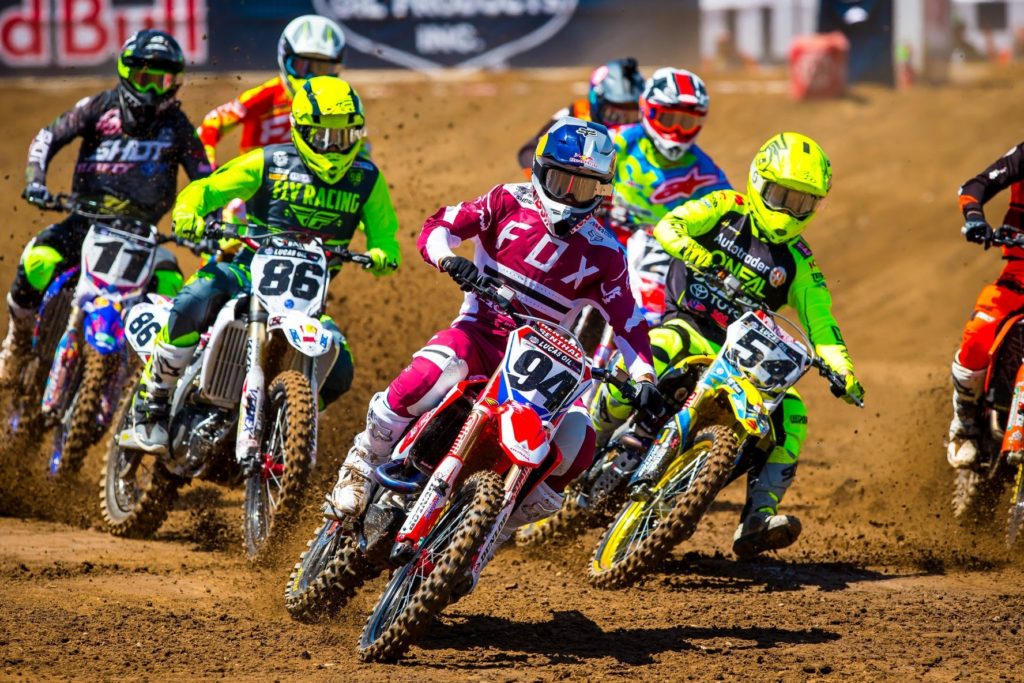
Note: Need help with your Motorcross setup? – check out T7 motorsports.
Karting
If you had that desire to go fast but wanted to “stay flat” you could get into karting and dirt track racing. Karting is always a great lead up to other forms of racing, it builds “race craft” and exposure to some “drifting“. Drifting has become so popular over the years it is now considered an official motorsports discipline but it does have it’s roots on dirt! Since karts have little-to-no actual suspension, you learn quickly how “weight transfer” works, shifting your body to get the kart to react and corner more easily. Karting is all about “maintaining momentum” to keep your average speed high and lap-times low – which translates 100% to driving a Miata.
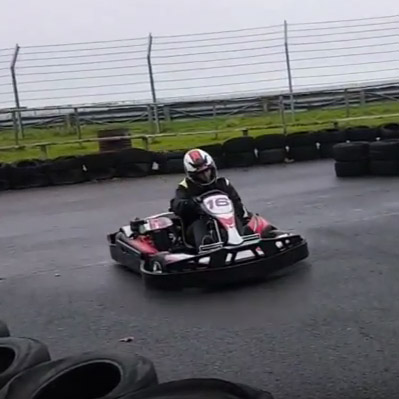
Even as adults, GTM members still love going wheel-to-wheel in karts since karting is a great equalizer. Be sure to check out some reviews of our previous events: Winter Karting Showdown and Electric Enduro.
Dirt Track & Ovals
Dirt track has deep roots in our country and was the birth place for NASCAR. It was used as a way for moonshiners to race each other and claim the title of being the fastest. Unlike NASCAR, dirt track racing in my opinion is a blast and still has a great grassroots environment. It is generally a bunch of hard working guys that scrape up a few extra dollars and throw a beat up car together and push it as hard as they can for 20-30 laps. Dirt track is truly a sport where “rubbing is racing”. Good luck finding a car with straight panels on it! Much like the off-roaders, cosmetics are the least of their worries. This type of racing can be taken to the extreme, something you might have referred to as: demolition derbies. The rubbing can sometimes cause tempers to flare among the drivers and often leads to “interesting interactions” after a race. Even though they may get in each others faces, they are right back out racing side-by-side the following week.
Road Racing: Oval, Road Course and Motorcycles
And finally we have the “smooth surface” disciplines most of the folks at GTM are familiar with: NASCAR, Road Course (ALMS, Prototypes, etc) and Formula 1 (F1). Since I am newer to these sorts of disciplines I’ve learned that there are a lot of different details to learn about and to take into account. Note: You can check out some past GTM adventures where we reviewed these types of events in more detail: Rolex-24, Formula 1 at COTA, etc.
Unlike the previous disciplines I mentioned, in these types of Road Racing, aerodynamics can be vital to your performance. Event the slightest dent in your fender can cause drag and change the handling of the car. Much like off-roading, traction and suspension have key roles to play as well. Road Course cars aren’t delicate, but they are sensitive and require stiff, low sitting, suspensions and tire compounds with grippy, smooth surfaces to be able to handle the extreme G-forces while cornering.
Because of the higher speeds the aerodynamics work with the tires and suspension to make these cars have razor sharp handling and look magnetized to the road. These forms of racing tend to have a more technical / scientific emphasis where other racing does not. They are often the cradle in which manufacturers experiment with new technologies that eventually end up in our daily drivers. I even categorize FIM / MotoGP with these types of cars because the style of racing is closer related to F1 than motocross even though both are on 2 wheels.
Whatever discipline immediately appeals to your interest, feel free to get out there and spectate if you aren’t able to participate! – Try other motorsports disciplines, appreciate them for what they are – an extension of the “car culture” we all love. Get your children involved in these motorsports with you. Even if we may dislike other types of motorsports or the types of people commonly affiliated with them, we are all still those kids foot racing in our backyards, and it is up to us to build the motorsports world so that future generations will be able to also enjoy these great experiences. If you are interested in any of the different disciplines that we mentioned or even those not mentioned (I’m sure I missed some, feel free to comment below!) – many of our members in GTM span across varying aspects of motorsports. Feel free to contact us about upcoming events you may have an interest in. Only YOU can keep motorsports Alive!
#neverstoplearning



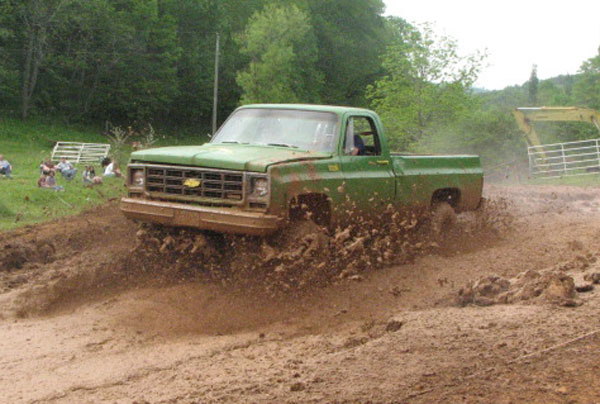

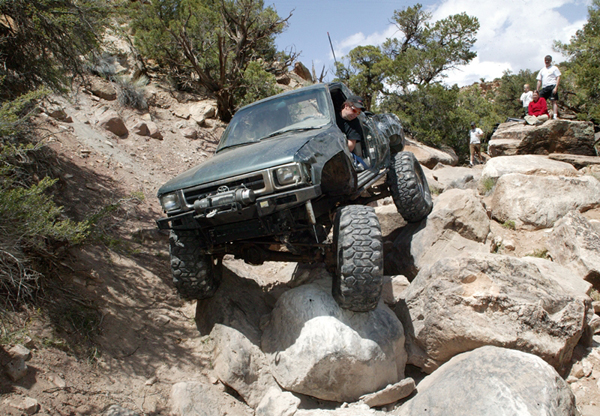
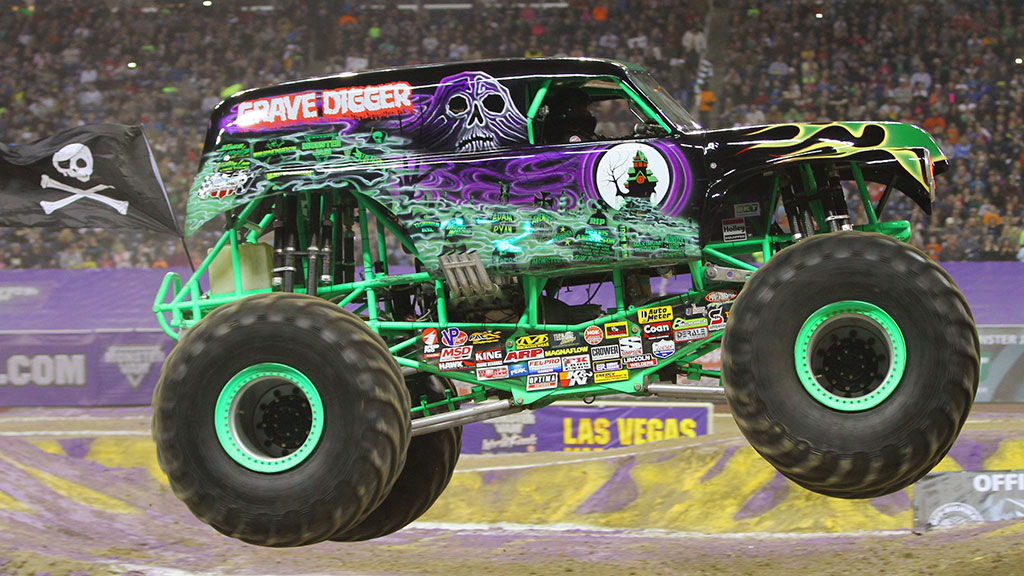
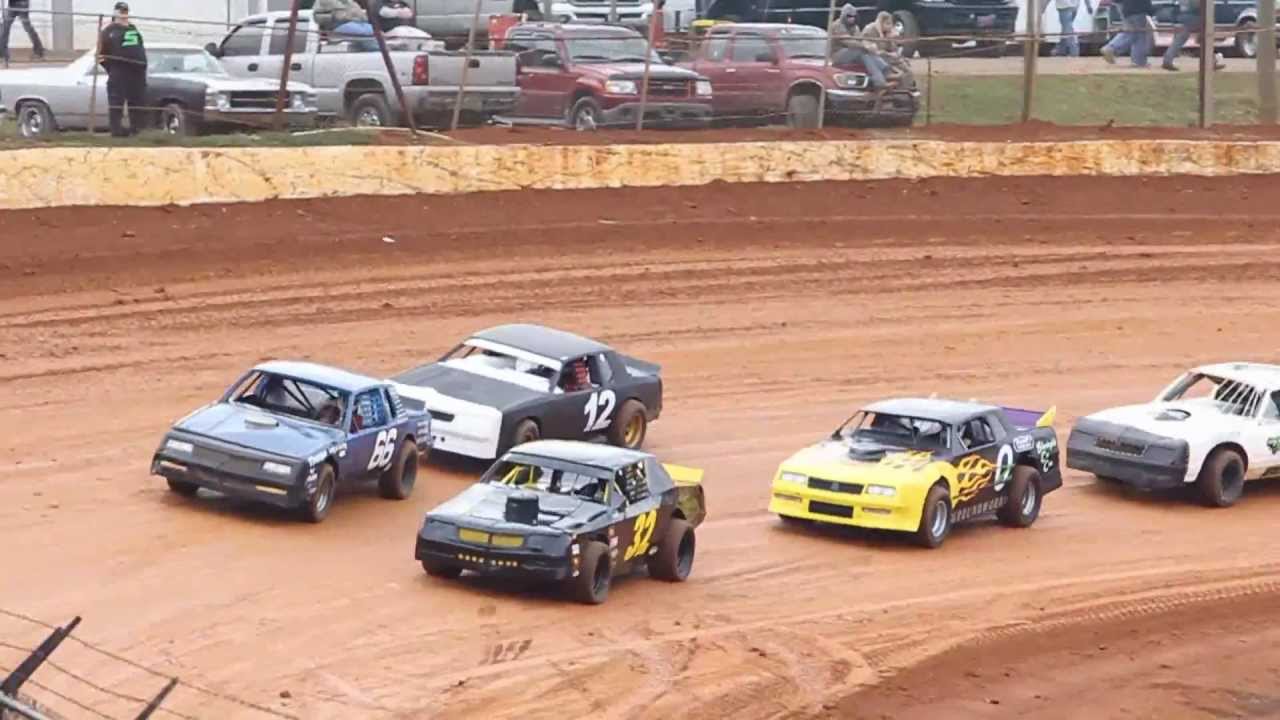
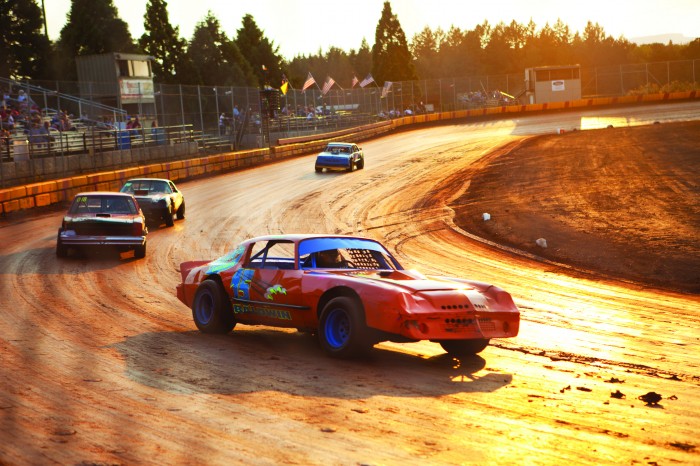

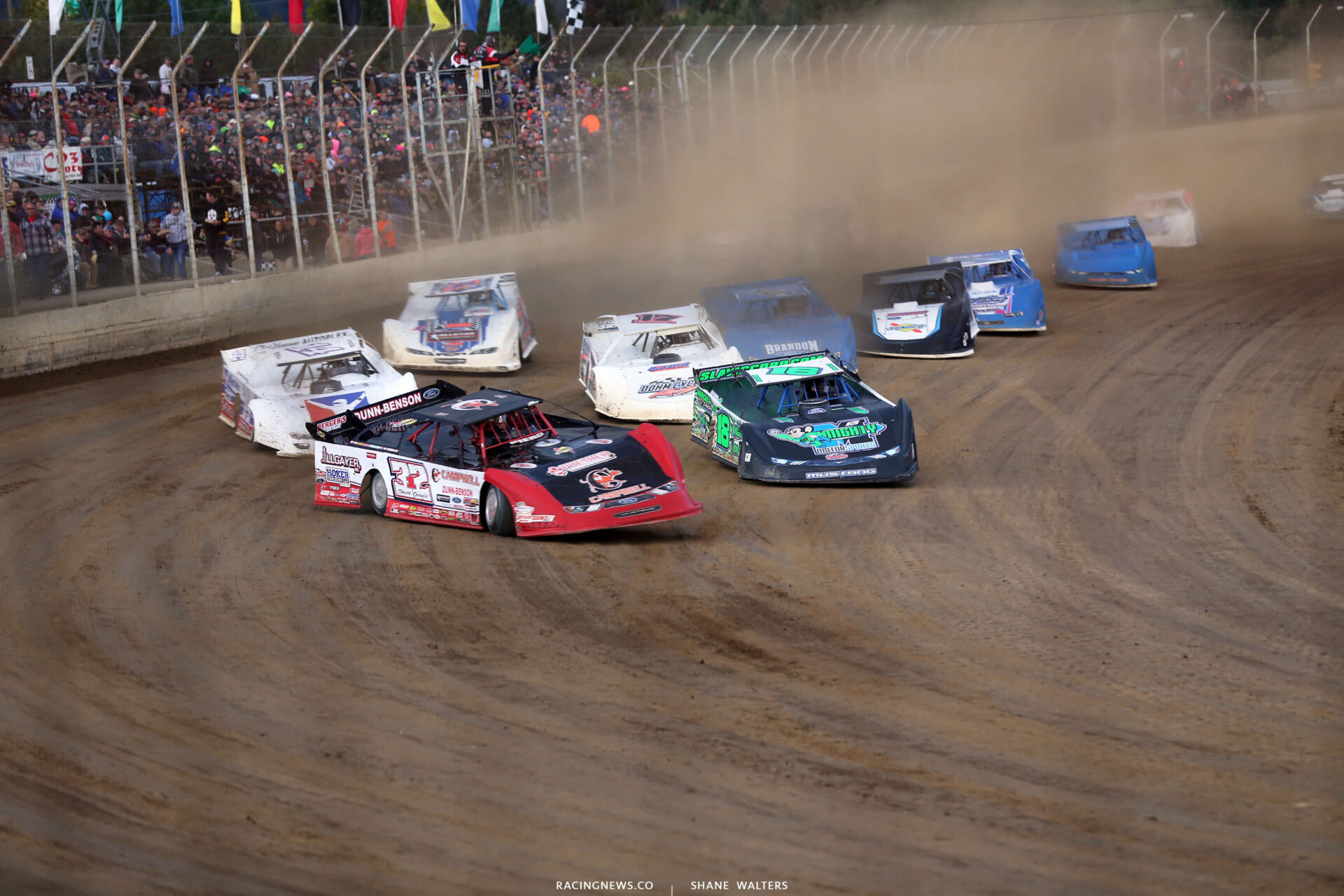
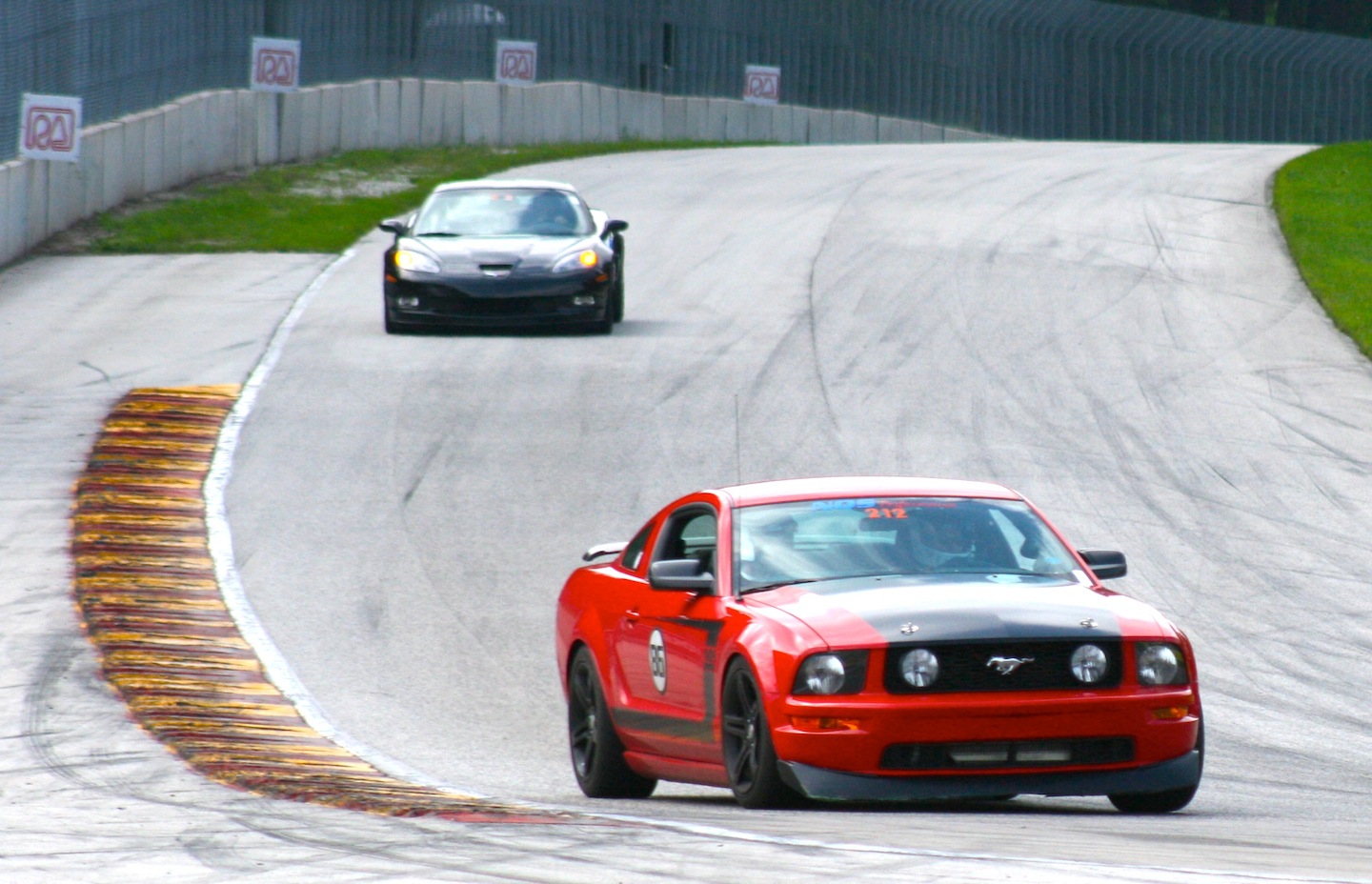


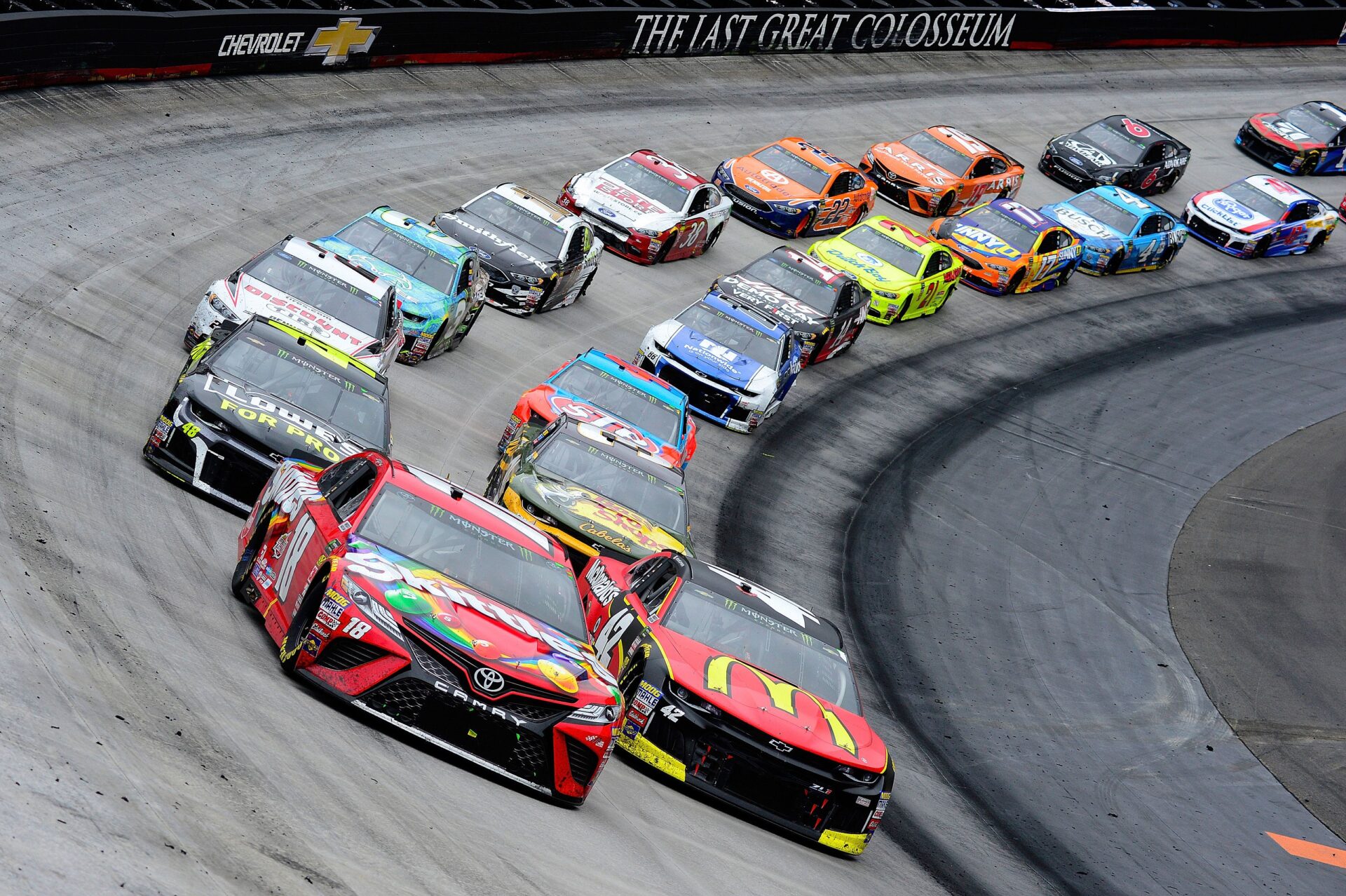
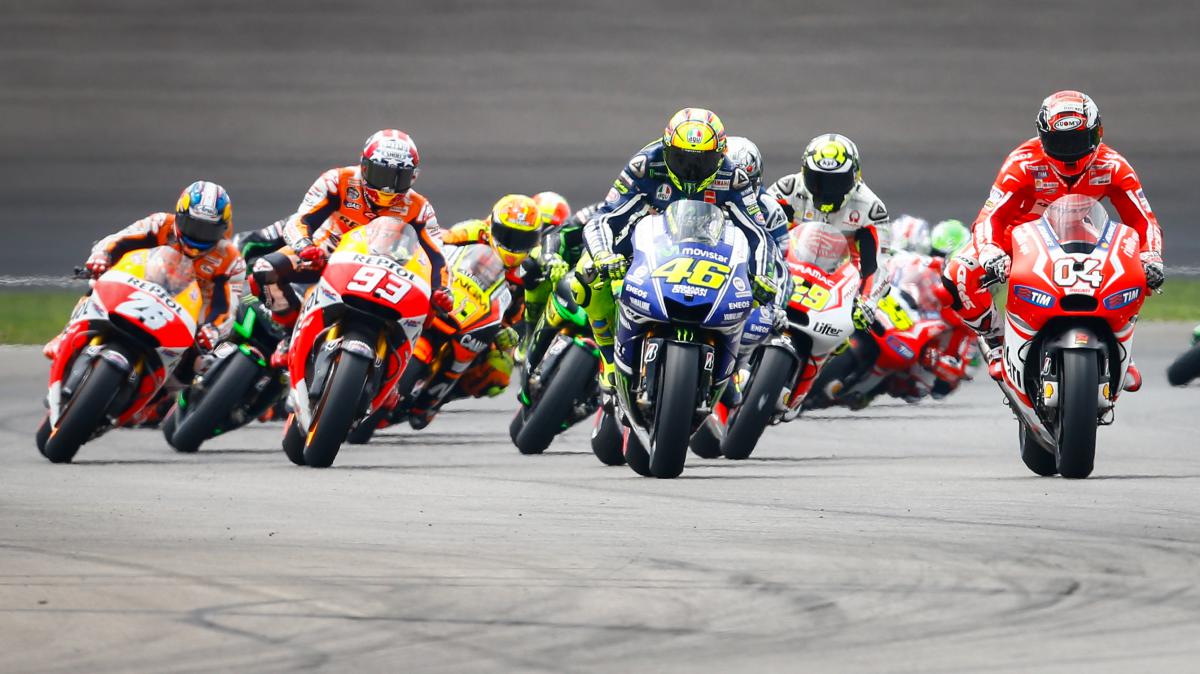







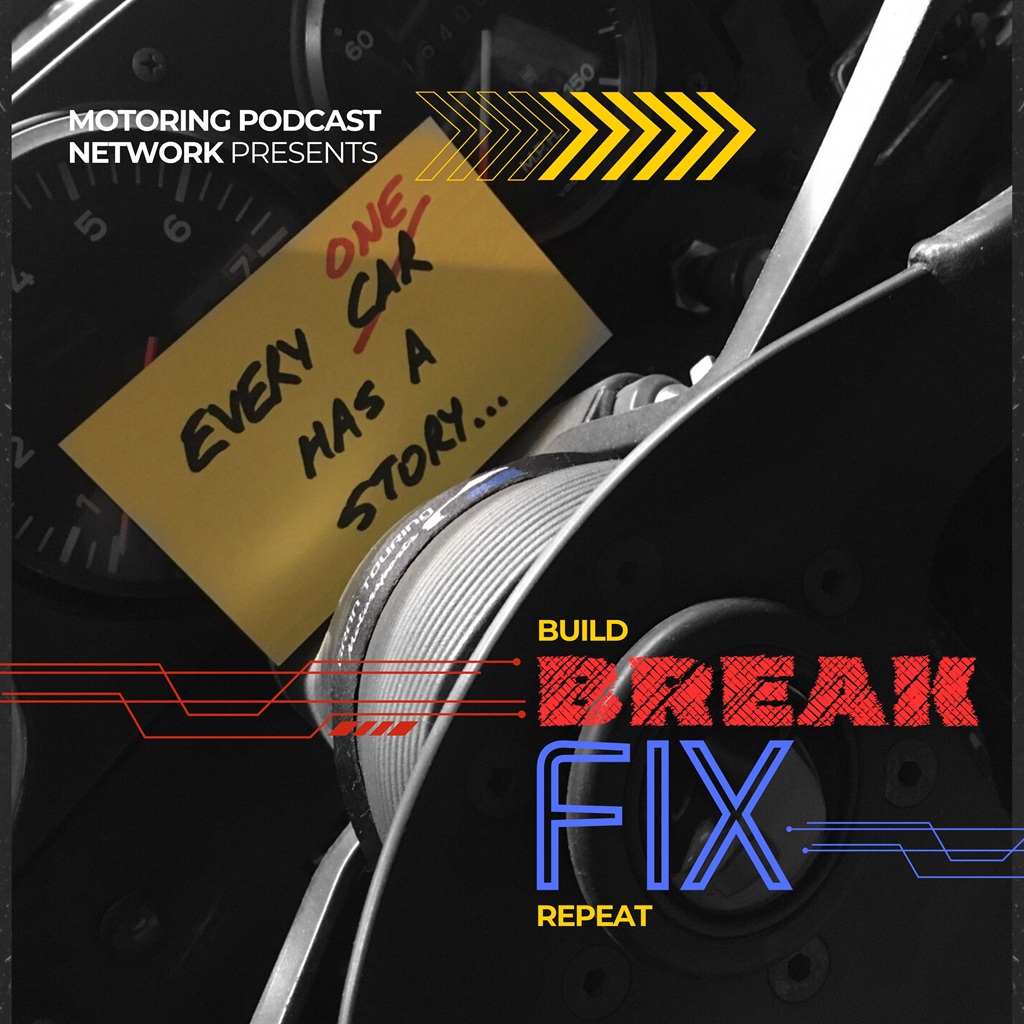











Don’t forget hill climbs like Pikes Peak, and baja racing like the Dakar Rally, OH and the sleddog racing of the Iditarod 😉